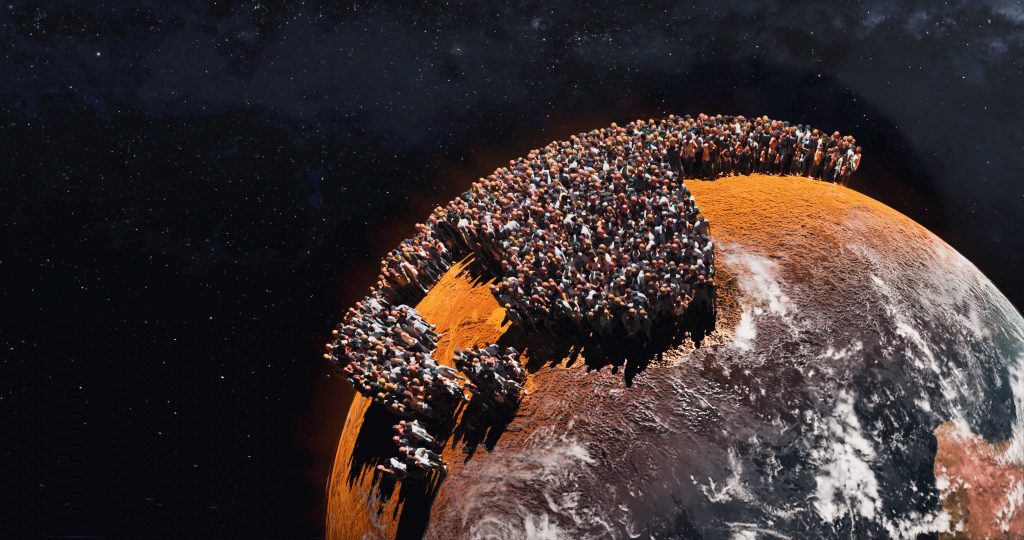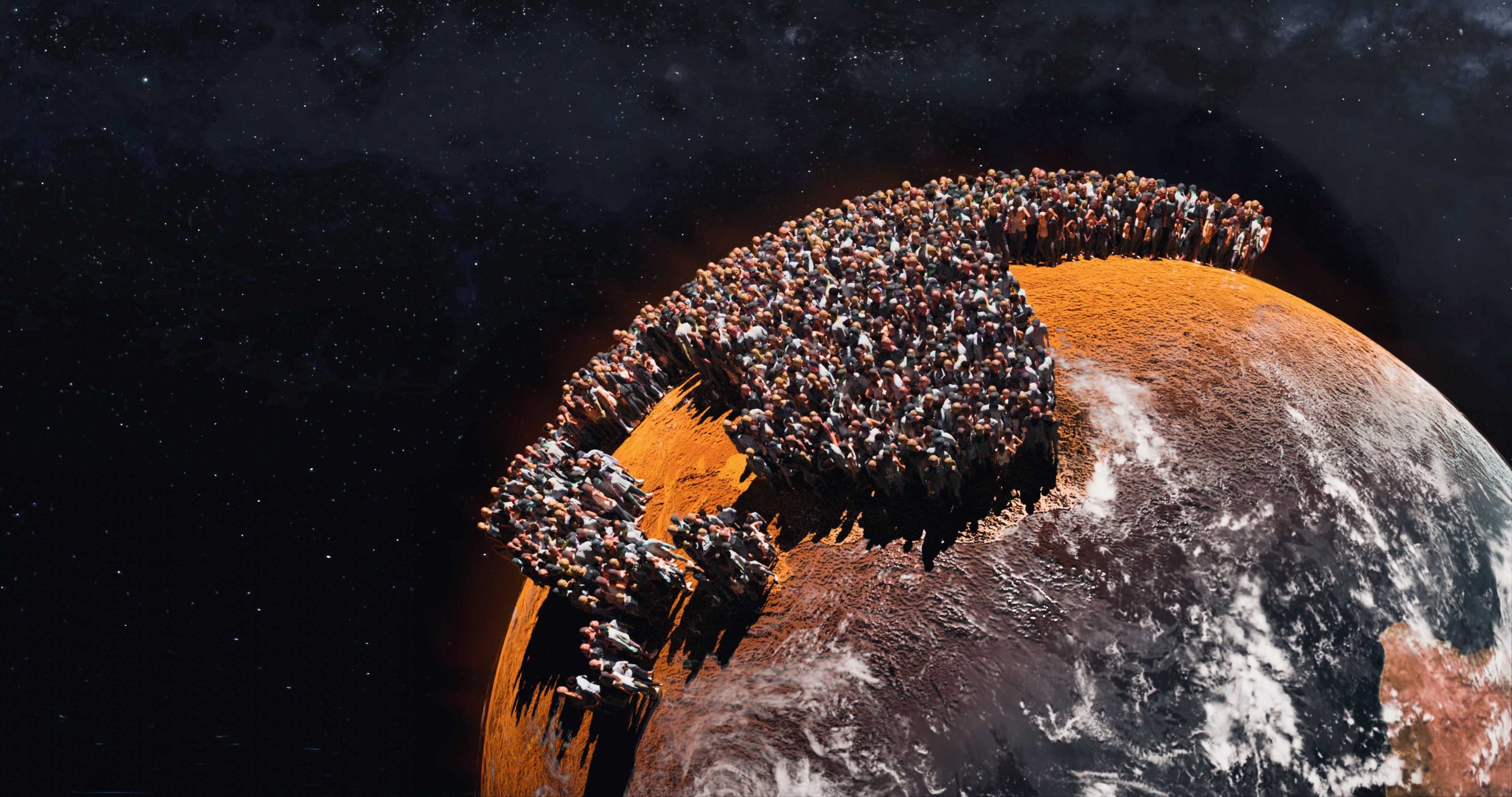Humanity will never cease to expand. On this historic day, the world population finally surpassed 8 billion, having increased by 1 billion since 2010. According to the UN, young Africans will make up the majority in the coming decades. Which can be either a blessing or a curse.
Improvements in sanitation and disease control, improved access to clean drinking water, and the development of vaccines, antibacterial drugs, and other effective medical therapies, among other things, have all contributed to the rapid growth.
According to the United Nations policy and several sources, including the World Economic Forum, by 2030, young Africans will account for 42% of the global youth population. Let us explore what this means for African youth.
The curse
The rapid growth of the human population, combined with unsustainable patterns of consumption and production, has contributed to various forms of environmental degradation, including global warming, climate change, deforestation, and biodiversity loss.
Global population growth has created an imbalance, with Africa now carrying the majority of young people from the poorest countries.
With a large proportion of young people coming from impoverished countries, this creates and facilitates the exploitation of African youth.
Already due to a lack of opportunities for skilled youth, a large number of young people migrate in search of greener pastures.
This means that inexperienced but zealous young people will enter the world of business, and they will be vulnerable to major exploitation if they are not adequately protected.
We must also recognize what the UN policy states: high fertility is frequently associated with a lack of choice and empowerment among young women and girls.
This is evident by the fact that low-income countries have the most people. Due to Africa’s large youth population, the age distribution of the population shifts towards older ages, resulting in an increase in the working-age population at first.
Basically, more qualified and skilled young people with fewer opportunities.
The blessing
We can also look at it from a different angle.
Young people are the resources that any continent requires, continents such as America, Europe, and Asia are experiencing a rapid decline in youth population, whereas Africa will experience the opposite, which may be advantageous in a variety of ways.
Young minds are tackling agricultural challenges, technological limitations, and climate change, among other things, through innovation. They want to contribute to the solutions.
Young people are already making a significant contribution to the continent’s development. We can see that startups are working hard to boost productivity in Africa.
According to ANTLER research, the majority of Africa’s businesses are led by young people under the age of 35, and these startups have helped secure over $2 billion in funding by 2021.
Some of Africa’s achievements, according to the African Development Bank (AfDB), are due to “large economies and sizable populations.”
If they stay on track, there will be an increase in production and a decrease in consumption since they are taking the initiative to solve the continent’s problems on their own.
Growth often brings solutions and problems. Ideally, it is critical that we as Africans minimize the impacts, deal with the damage and own transformation.
It is critical that, as we prepare for an African youth majority, global policies that protect youth from underpaid and overworked employment contracts be developed and updated.
With such a large population of young people, inclusive youth development policies and programs are more important now than ever.



